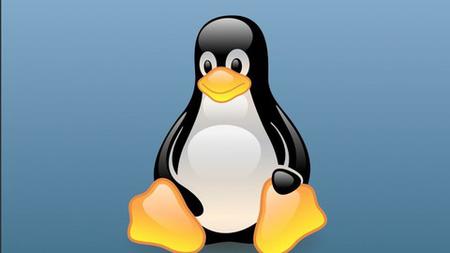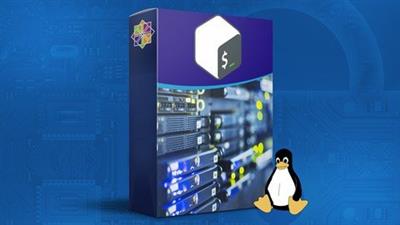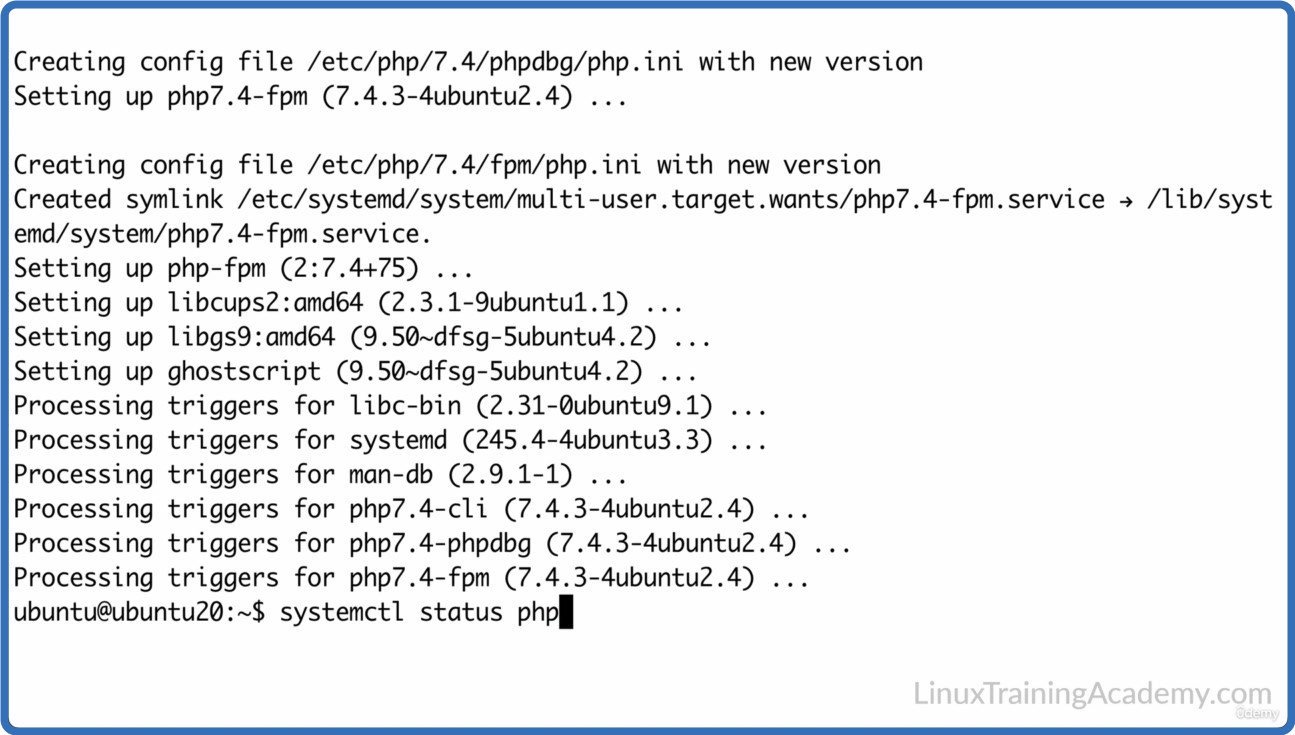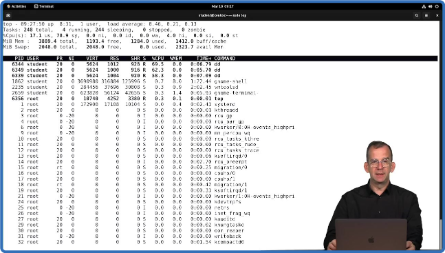
Cent8x-Stream Edition
Posted on 09 Jan 10:32 | by AD-TEAM | 21 views
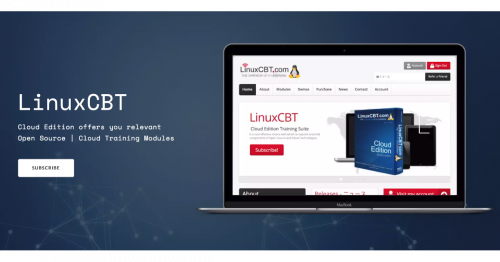
Cent8x-Stream Edition | LinuxCBT
English | Tutorial | Size: 1.49 GB
CentOS offers a visage into the world of Red Hat Enterprise Linux (RHEL). It is a fork. Unlike its Enterprise counterpart, there are fewer encumbrances, especially vis-à-vis the all-too-important frequently required software updates. Use CentOS to align your Applications and Services with RHEL.
CentOS8x Stream Administration
Server Installation
Server Installation
Key CentOS features
Provision CentOS Server
Install CentOS Server with GUI
Post-Installation Housekeeping
SSH Environment
Basic Linux Skills
ls, pwd, cd, cp, mv, rm, mkdir, rmdir, whoami
alias, cat, file, chmod, chown, history
STD(IN|OUT), Pipes, Redirection, Command Chaining
ps, df, top, free
less & more, head & tail, find, which & whereis, w, who
Compression | Archival Tools
Checksums
Awk | Sed | Grep Usage
User | Group Management
File System Permissions | Ownership
Identify common file types
Identify default permissions applied to objects
Alter permissions | ownership on various objects and evaluate
SETUID | SETGID | Sticky Bit
Symlinks
Storage Management
Identify SWAP environment
Provision dedicated SWAP partitions | Add to Pool
Add | Remove SWAP from pool as needed
Provision File System-based SWAP
Identify default storage configuration
Provision new storage as needed
Identify LVM defaults
Add new partitions to LVM management
Allocate storage to LVM Volume Groups
Create Logical Volumes (LVs) as needed
Overlay File System and mount where applicables
ZSHELL
Features
Install
Defaults
General Usage
Update Accounts
System Scheduler
Discuss features | limitations
Identify default system-wide schedule
Peruse various default Cron Jobs
Schedule simple job and monitor recurrence
Evaluate results
SYSLOG | Log Rotation
Peruse default syslog configuration
Discuss syslog rules mechanism
Trap externally-generated log data
Explore Log Rotate defaults
Ensure rotated logs are compressed
Extend default retention scheme
Force Log Rotation as needed
Package Management
Explore default environment
Search for packages of interest and install
Dump important metadata from packages
Update YUM repository as needed
Setup internal YUM repo for expedited delivery
Apply updates as available
IP Administration
Identify default configuration
Add IPs as needed
Ensure IP persistence across resets
NginX
Install
Copy Configuration
SELinux Quell
TLS | SSL Services
cURL Client Tests
PHP-FPM Enable
Security
Use NMap to gather information from network
Configure FirewallD

Member Area
Top News
